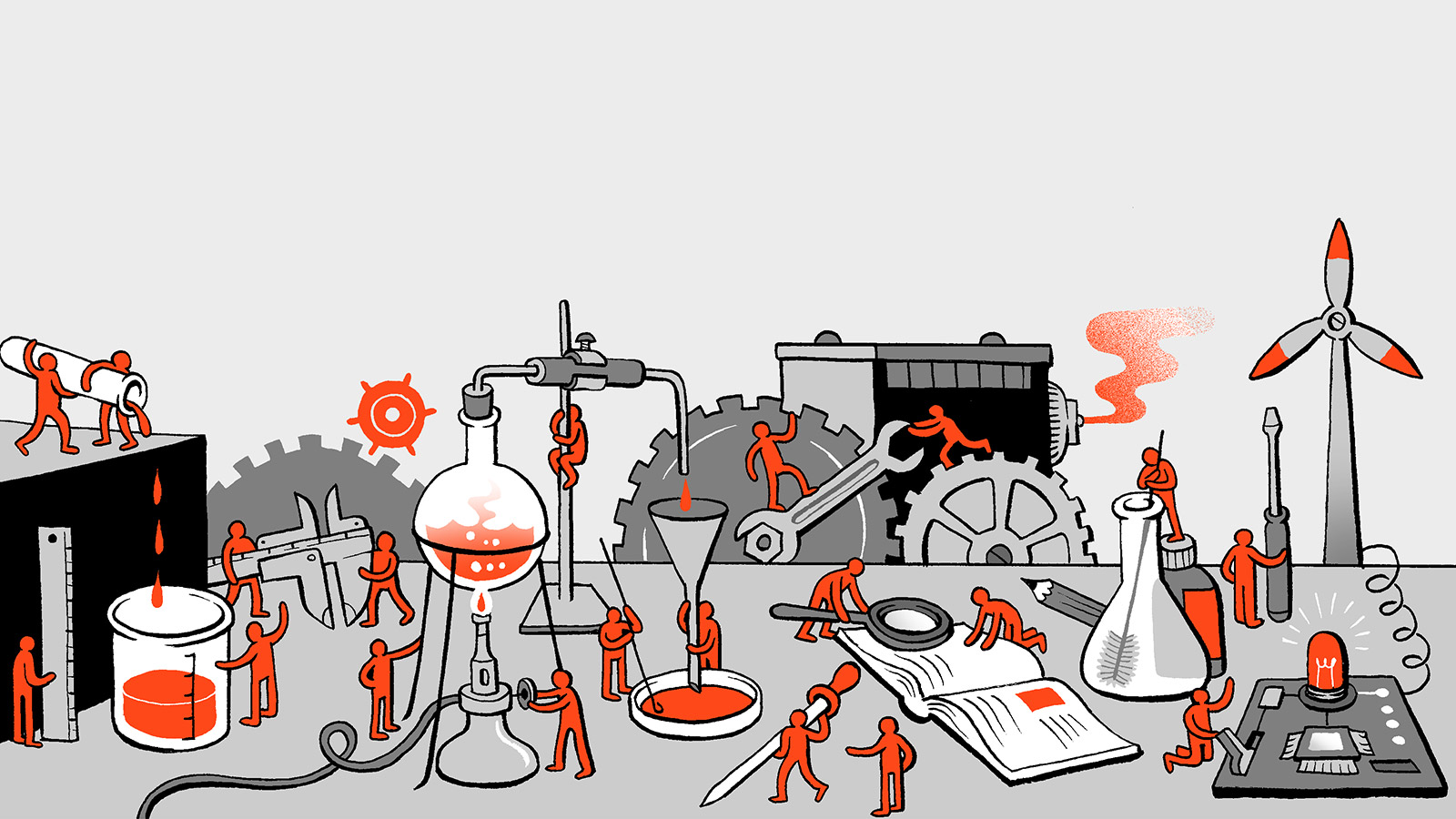When our editorial collective began to work on this issue, we decided not to organize it around a single topic. We wanted an issue that would be of broad interest, and hope we have suceeded. To us the most important themes of this magazine are women's issues and the hidden faces of health care. These two topics are...
Tag - volume 6
When we first came together to discuss the focus of this issue, our feeling was that, of late, the magazine had been pretty theoretical. We wanted our issue to be more of a political tool, to focus on the strategy and tactics of people's daily struggles. We particularly wanted practical articles, articles on political...
It all started at a January meeting, when one of our members came up with a rather bizarre suggestion. "Since the magazine coordinating committee was thinking about moving the magazine collective to chapters outside of Boston, why couldn't we do an issue?" "What?" we gasped. "I said, why don't we do the magazine?"...
When our Editorial Collective was formed it appeared from our backgrounds, the topic of the magazine, and the general good rapport of the group that most of us had come to the group more as "people" than as "scientists." Our expectations were that working for a political magazine might add to our own political...
Each issue of Science for the People is prepared by a collective, assembled from volunteers by a committee made up of the collectives of the past calendar year. A collective carries out all editorial, production, and distribution functions for one issue. The following is a distillation of the actual practice of the...
The two letters that follow were stimulated by articles previously published by Science for the People: the first by a section in the pamphlet, Science and Technology in Latin America: Por Que?, and the second by the article, "Preventive Genocide in Latin America", in SftP, March, 1973. These letters offer criticisms...
Unionization of engineers received its greatest impetus not during the Depression years but during the war years (1943-45). That is to say, it was not so much economic deprivation which led to large-scale unionization, but rather the monumental change brought about by their employment on a mass basis in large war...
The question of where to situate technical workers .in the class structure focuses on the debate over their relationship to blue-collar production workers. Are the interests of technical workers linked to those of wage workers in general? Or to those of management and capital? Or rather do they, together with all...


